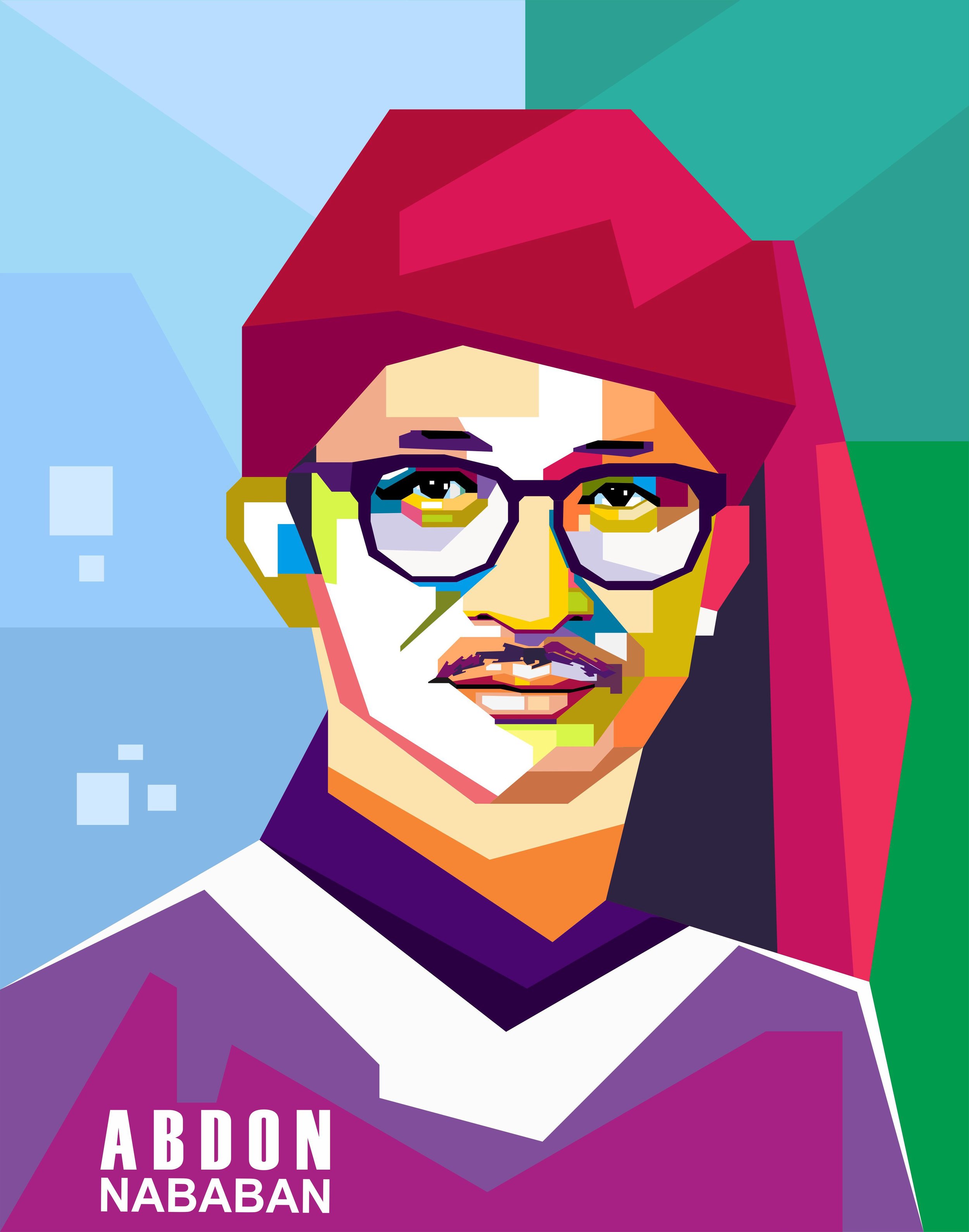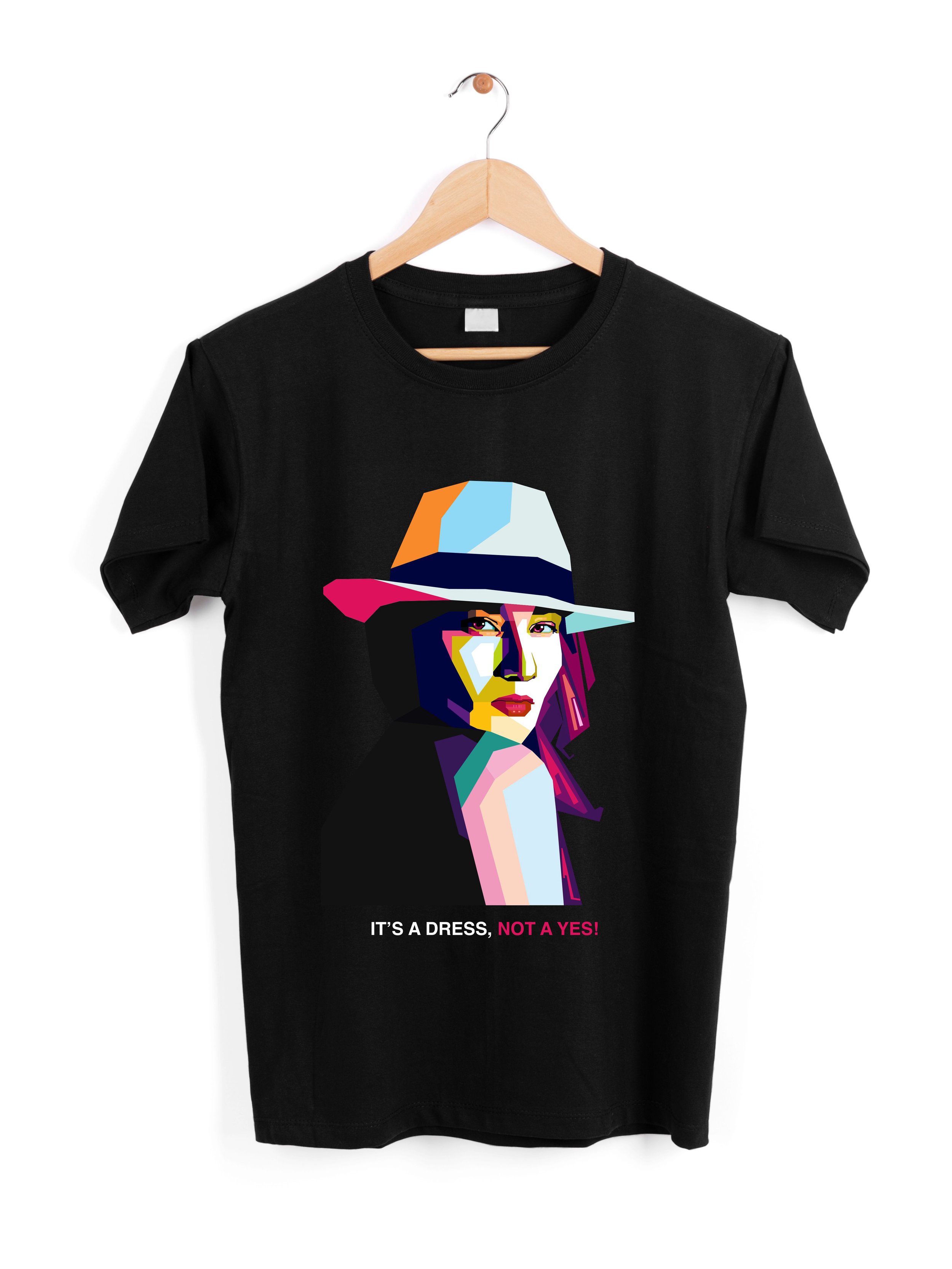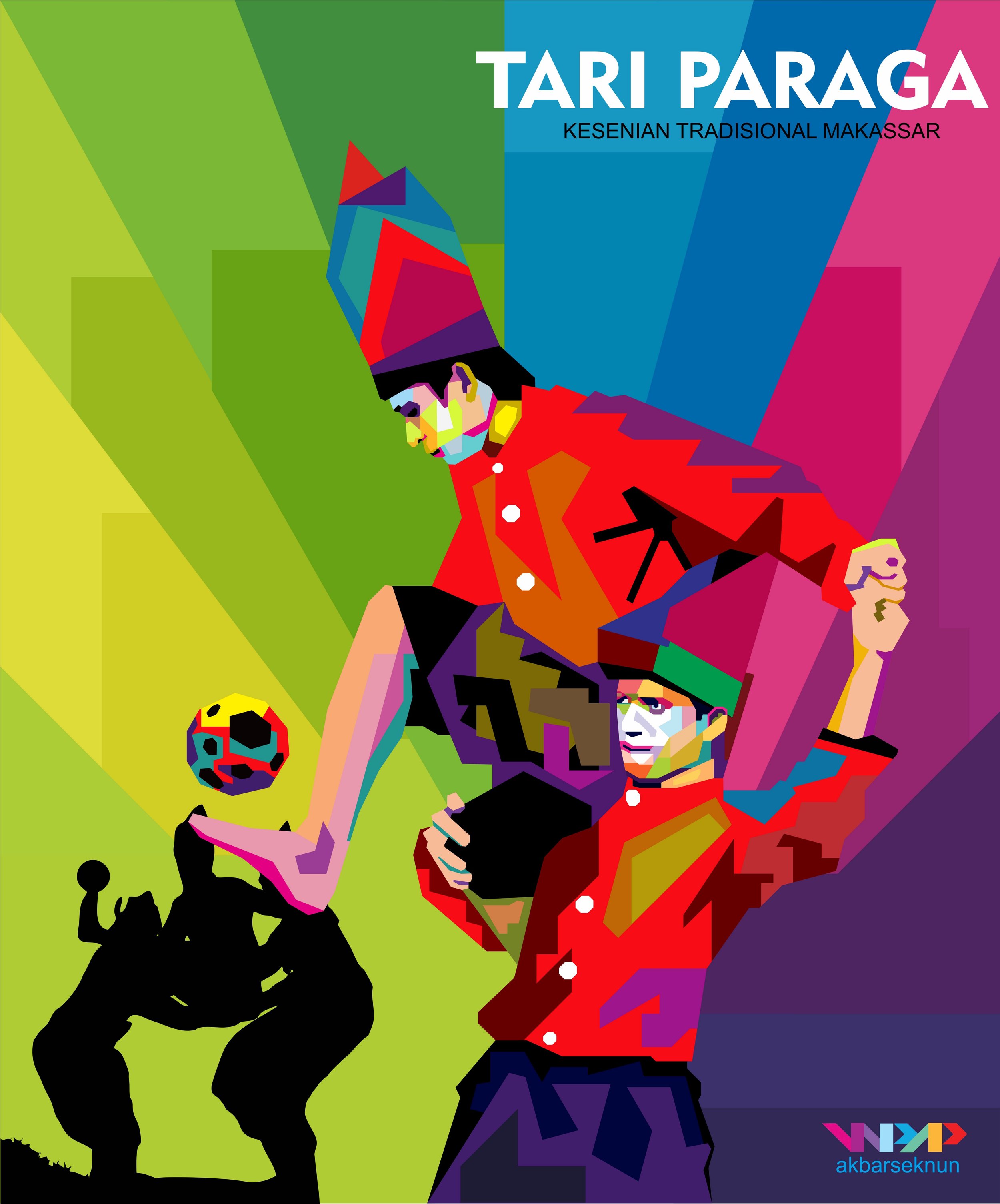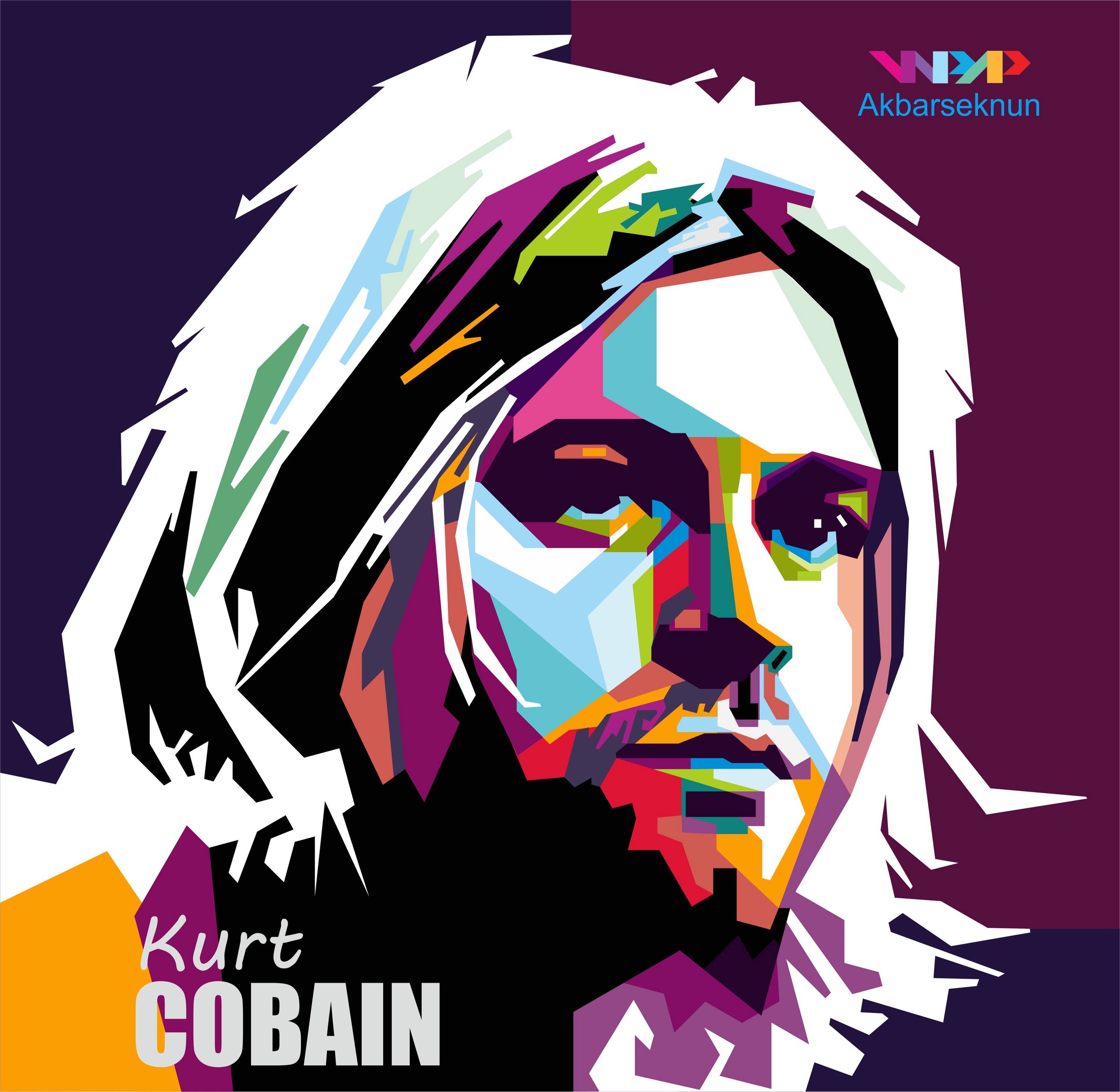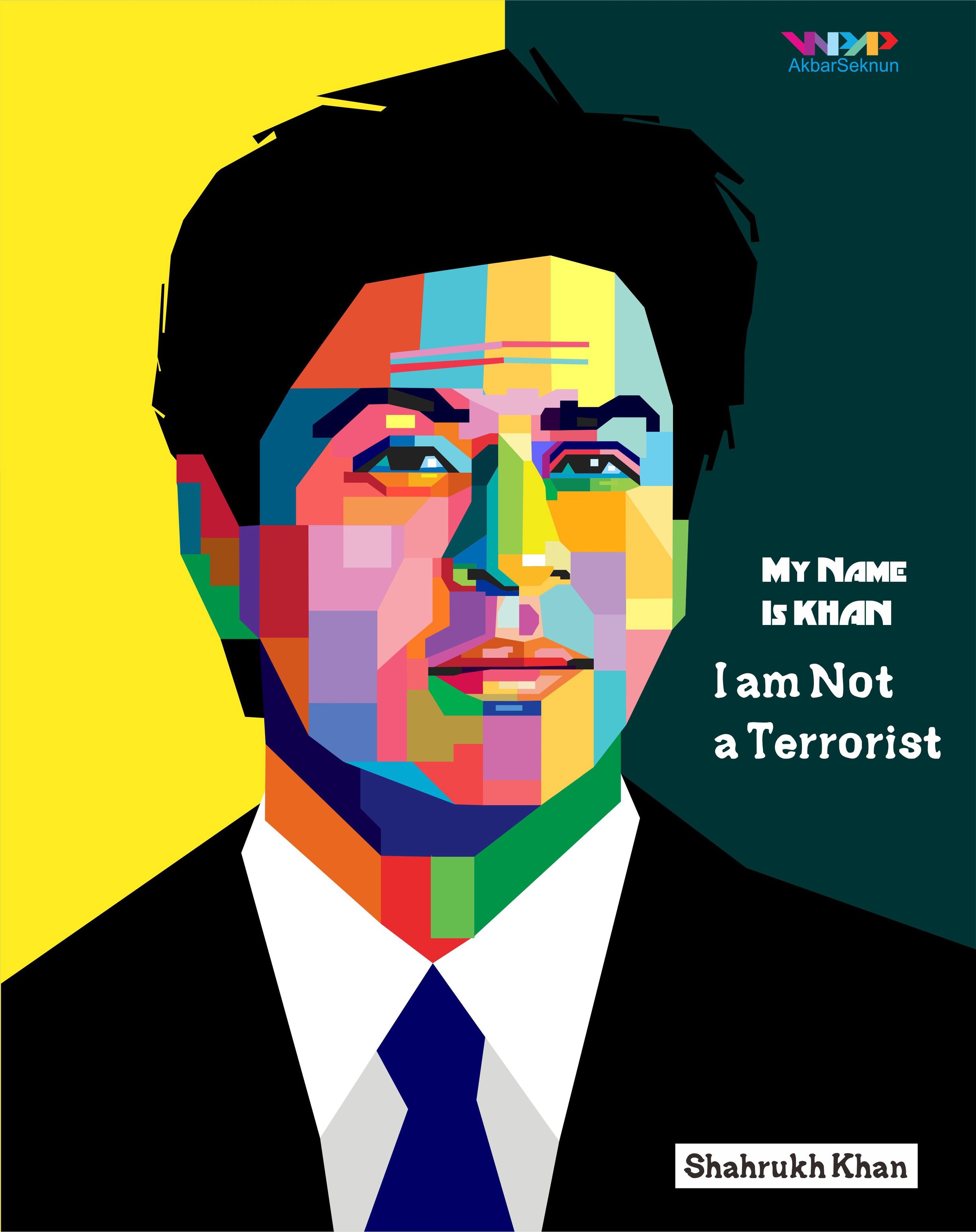Akbar Seknun: Learning to Give Back
Written By: Akbar Seknun and Alec Kissoondyal
Edited by: Sheridan Block
Akbar Seknun was born and raised on Kai Island, in the eastern part of Indonesia. He speaks Indonesian and English, and received the Indonesian Endowment Fund for Education (Lembaga Pengelola dana Pendidikan) Scholarship in 2019. Akbar earned his bachelor’s degree in computer science at Dipanegara University, and is currently pursuing a master’s degree in design and visual communications at the University of Florida. He works as a freelance graphic designer and teaches graphic design and English to children in his community.
Early Life & Undergraduate Years
I was born on Kai Island. It’s a remote island, and is so tiny that if you look at a map of Indonesia you may not be able to find it. I grew up on Aru Island as well. The infrastructure there isn’t as good as it is in bigger cities; and as a child, I couldn’t study at night because we didn’t have electricity.
In high school, I wanted to study law but my father suggested that I major in computer science instead. A lot of people study law where I’m from. If I went into law, I would have a lot of competition if I moved back to Kai Island, he said. But computer science wouldn’t be as competitive.
Before starting my undergraduate studies in computer science at the University of Dipanegara, I had never touched a computer. It was hard for me in the beginning. In fact, one of the worst experiences of my life happened in the computer lab.
There I saw all the computers turned off, except for the computer I used. The CPU’s light was on, but the display was not. Everyone started working except for me, because I didn’t know how to operate the computer. The assistant professor came up to me and said in a loud voice, “Is this the first time you have worked with a computer?” All my classmates heard what she said. They all came from huge cities and were already familiar with computers. I was shy and couldn’t say anything but yes.
After that moment, I went home and cried. I called my father and said I wanted to come home. Thankfully, one of my friends came to my room and gave me motivation. He told me that even though I didn’t know how to operate a computer, I could learn if I studied hard.
I didn’t have a computer of my own. I went to class and learned the lessons, but I couldn’t practice them outside of the classroom. I asked my father to buy me a computer so I could practice the lessons outside of class. He bought me a computer and I joined several organizations to learn more. I studied every day and, after four and a half years, I graduated with my bachelor’s degree.
Graphic Design
After graduation, I started working as a freelance graphic designer. Today, I create logos and illustrations, and I also advertise my designs on social media.
As a child, I liked drawing, but as I grew up I realized that my parents didn’t support it, so I didn’t continue to practice. In college, I learned a lot about programming, coding, and how to design apps; but I realized that those things weren’t for me. I don’t like spending a lot of time doing those things. But when I design something, I am happy to do it, even if it takes many hours.
Graphic art and designs by Akbar Seknun
Now I use my art to promote Indonesian culture. For example, there is a traditional style of dance called paraga from the city of Makassar. I print designs of the dance on shirts and when people see it, it prompts them to ask questions about Indonesia.I also use my designs to campaign for social issues. In parts of Indonesia, physical and sexual violence are committed against women, and the survivors are often blamed for the way they dress. I knew I had to take action and speak out against this issue, so I made a design of a woman’s face with a caption that reads, “It’s a dress, not a yes!”
Someone who inspires my work is Wedha Abdul Rasyid, an Indonesian artist. A lot of art we see comes from the west; but when I saw his art, it made me realize that Indonesians can create art too.
Giving Back to The Community
When I finished my undergraduate degree, I returned to Kai Island and taught children in my community how to speak English. I lived in a community where a lot of children don’t go to school and when I was young, I didn’t have someone to guide me. I realized that I could change that for others. On Kai Island, it usually costs money to learn English, but I taught it for free.
I also taught graphic design to the children in my community. I taught them about certain types of software, like Adobe After Effects and Photoshop. Even if you don’t go to college but you have skills with graphic design, you can find work as a freelancer. My goal is to help them develop skills that can get them jobs.
I believe that the best way to learn is through teaching. I often spend one or two hours reviewing the materials before I speak about it to my class. This gives me a better understanding of what we’re discussing.
Learning English and Pursuing an MFA
When studying, it’s easy to focus on ourselves, but we have an opportunity to take what we learn on campus and give it back to the community.
I actually didn’t learn how to speak English until later in life, when I was 21 or 22. In college, one of my friends mentioned that he wanted to study in Germany and told me that the Indonesian government gives out scholarships to study abroad and pursue a master’s degree. He said that to get a scholarship to study in Europe or America, you must learn English. I wanted to study in America, so I began to learn English. I studied for a year, searched for scholarships, and got a scholarship from the government.
Currently, I’m pursuing a Master of Fine Arts in Graphic Design at UF. My professors and peers are positive and supportive people. We don’t just focus on our own projects, but also work with communities around Gainesville. When studying, it’s easy to focus on ourselves, but we have an opportunity to take what we learn on campus and give it back to the community.
Disclaimer: The views, information, or opinions expressed in this article are those of the author and do not necessarily represent those of WeaveTales and its employees.
Want to tell your story?
For more information contact our editorial admin at contact@weavetales.org.

